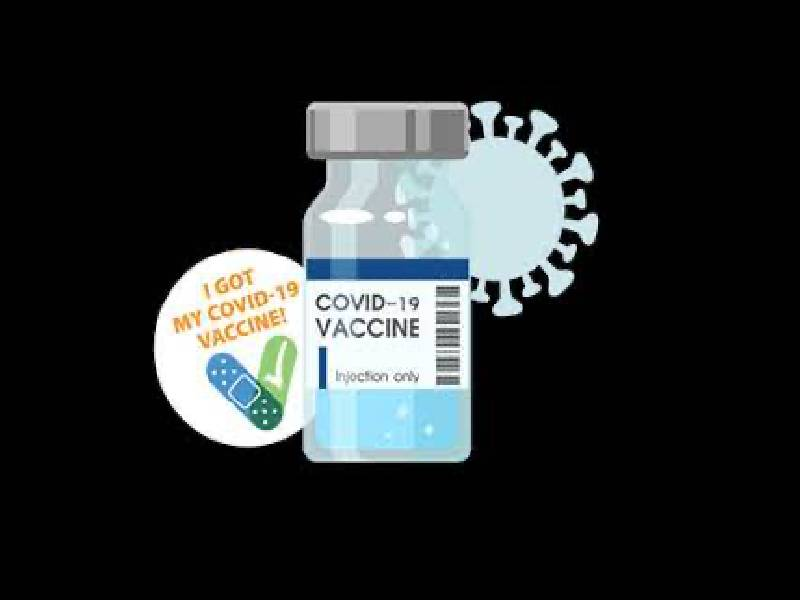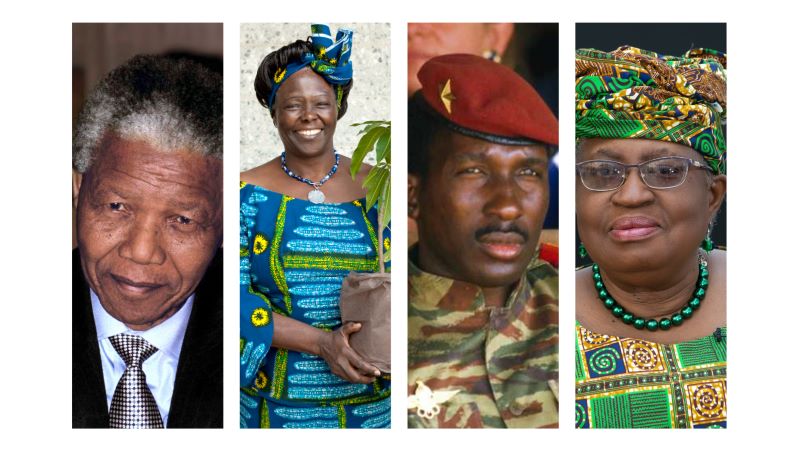World Immunization Week, which aims to promote the use of vaccines, is celebrated every year in the last week of April. Disease can affect people of all ages, religions, sexualities, and ethnicities, but some diseases ravage particular communities more often or more devastatingly than others. Immunizations have been around for about 200 years, and are one of the greatest advancements of modern medicine. Vaccines have cut child mortality rates in half and saved millions of lives.
Although immunizations have saved countless lives, there are still nearly 20 million children in the world today who have not recieved the vaccines that they need. World Immunization Week aims to close that gap. Each year, World Immunization Week is celebrated with a different theme, and this year, the theme is “Vaccines Bring Us Closer”. According to the CDC, “Vaccines bring us closer to the people, moments, milestones, and goals we care about most.”

In the year 2020, the world was devastated by the deadly COVID-19 pandemic. It proved the damage that can come from diseases that we are not prepared for. The pandemic killed millions of people, shut down governments and economies, and closed businesses.
World Immunization Week comes just after a year of devastation, cementing the need for vaccines. Over the past few weeks, the COVID-19 vaccines have been rolling out to protect the public en masse, beginning with those most at risk and on the front lines. As more and more people are gaining access to vaccines, communities are able to rebuild. Children are able to start attending in-personclasses and after-school activities, adults are allowed to return to work, and gatherings are becoming more commonplace.
According to the World Health Organization, “While the world focuses on critically important new vaccines to protect against COVID-19, there remains a need to ensure routine vaccinations are not missed. Many children have not been vaccinated during the global pandemic, leaving them at risk of serious diseases like measles and polio. Rapidly circulating misinformation around the topic of vaccination adds to this threat.” The COVID-19 vaccination means that people will start being able to regularly get other vaccinations that could extend children’s lives into healthy adult lives.

Kassidy Garland has had a great appreciation for reading and writing since she was young. She graduated from West Chester University in 2017 with a Bachelor’s Degree in English & Women and Gender Studies. With a concentration in creative writing, Kassidy has 5 years of experience writing blogs, articles, and for social media. Based out of Philadelphia, Kassidy loves to write about a number of topics and looks forward to sharing her passion with those at FunTimes Magazine.





